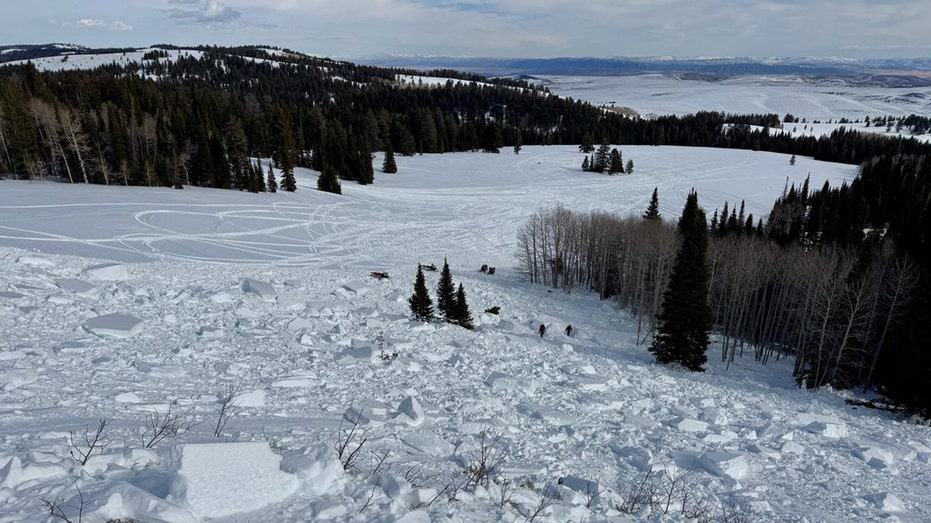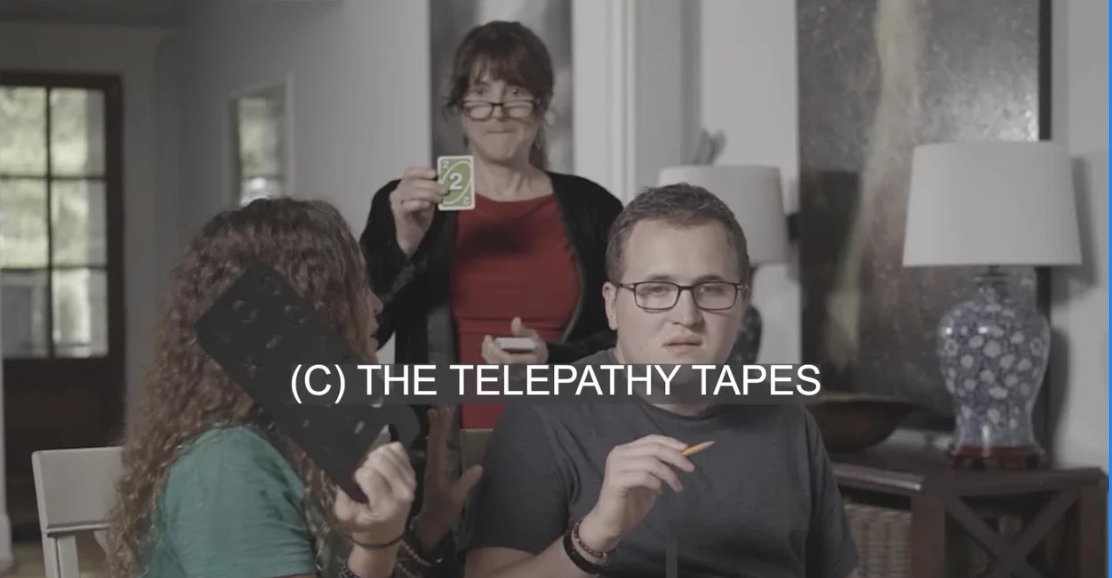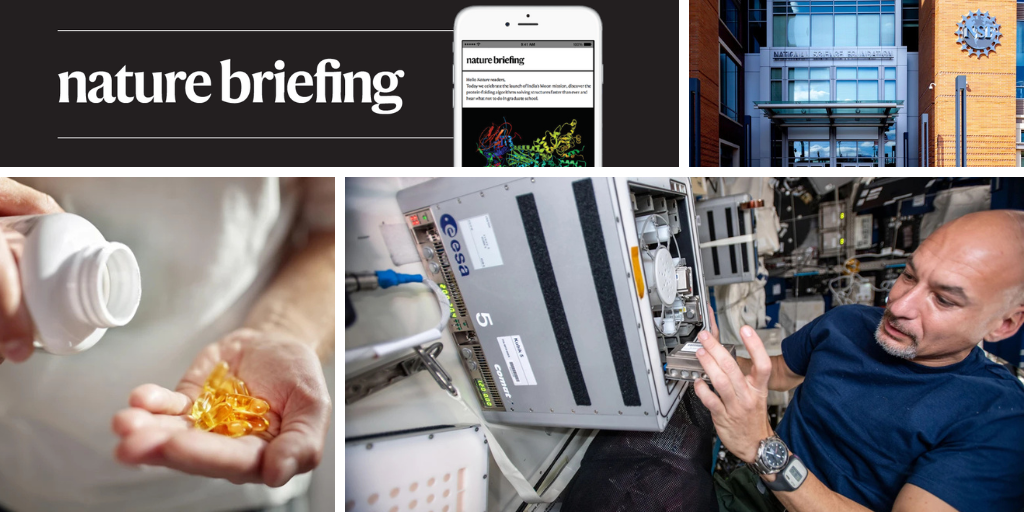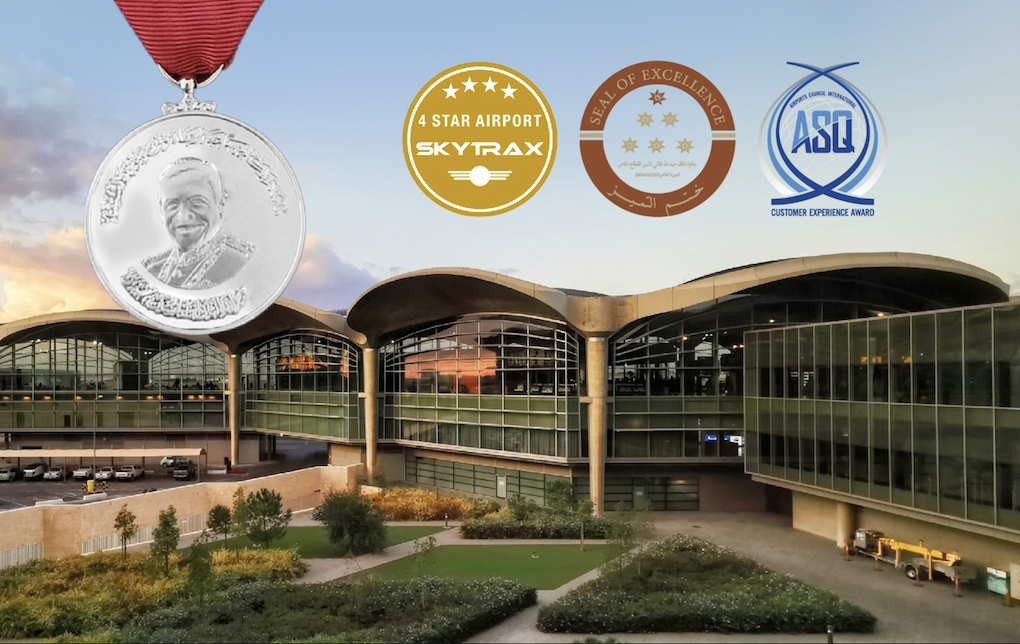What to do after a car accident when traveling
A car accident when travelling can immediately suck the joy out of the experience. However, if you act quickly, rationally, and in line with your best interests, you can keep yourself safe and maximize your eligible compensation. The article What to do after a car accident when traveling first appeared in TravelDailyNews International.


Nobody wants to be involved in a car accident. People especially don’t want to be involved in a car accident when they’re traveling. You might be on your way to an important business conference, or you might just be trying to enjoy yourself, but either way, even a minor accident would throw a major wrench in your plans.
On top of that, if you’re traveling in an unfamiliar area, you may not have the resources or support you need to recover comfortably.
So what exactly should you do after a car accident when traveling?
Immediately After the Accident
In the immediate aftermath of the accident, you’ll need to focus on the following. Ultimately, your goals are to stay safe, recover from your injuries, and set yourself up for a winning legal strategy.
Stay calm. In the chaos and panic of the scene of the accident, it’s easy to lose focus. However, if you want to stay grounded and make more rational decisions, it’s important to find a way to stay calm. Take some deep breaths. Focus on the present moment in your surroundings.
Get to safety (and help others if appropriate). As soon as possible, get yourself to safety. This may require you to leave the scene of the accident temporarily, such as jumping behind a guardrail. If you’re in a position to easily and safely help others, do so.
Get emergency medical attention. Next, contact emergency medical services in your area. It’s important to be medically evaluated after an accident, even if you think you haven’t been injured. That’s because all the excitement of the accident can lead you to underestimate the injuries and pain you’re experiencing.
File a police report. It’s almost always a good idea to get an official police report of the accident, even if you’re in a different country. This is going to serve as the official record of events, and it’s going to be an important piece of evidence in your case if you decide to move forward with legal action. If you don’t speak the local language, make sure you have a translator. Don’t sign off on a police report unless you’re absolutely confident it presents accurate details.
Gather as much evidence as possible. Assuming you’re mobile enough to move around freely, try to gather as much evidence as you can. Take photos and videos of the cars involved in the accident, as well as your surroundings. Write down the names of everyone involved in the accident. Get insurance information. Consider taking witness statements. And keep a log of your version of events, even if they’ve already been reflected in the police report.
Get in touch with your insurer. Soon after the accident, you should get in touch with your insurance provider. They will have instructions for how you should proceed, and they may be willing to offer you support in your area.
Don’t sign anything. Depending on where you are, other people may pressure you to sign something, like a release or a waiver. Generally, you shouldn’t sign any documents unless you have a lawyer giving you the go-ahead. You might unwittingly waive your right to seek compensation by signing something without reading it.
Work with a lawyer. A lawyer is going to be your greatest asset during this time. They can help you understand the legal dynamics of your area, the legal options in front of you, and the best legal strategy to get the compensation you deserve. Hire the best lawyer you can afford and listen carefully to their advice.
Preventing Accidents When Traveling
Of course, it’s even better if you can prevent accidents while traveling.
These are some tips that can help you do it:
Know the law of the land. Laws vary from state to state and from county to country – and not all of those laws are intuitive. When traveling, make sure you do your due diligence and that you follow the laws in the area you’re traveling.
Practice with unfamiliar concepts. If you’re going somewhere truly unfamiliar, you might encounter unfamiliar circumstances or concepts on the road. For example, you might have no practice navigating roundabouts, or you might have no experience driving on the other side of the road. Get some practice with these concepts in safe areas before traveling in public.
Be extra cautious. Finally, exercise additional caution when traveling in an unfamiliar area. You can’t control everything, but you can control the risks associated with you and your vehicle.
A car accident when travelling can immediately suck the joy out of the experience. However, if you act quickly, rationally, and in line with your best interests, you can keep yourself safe and maximize your eligible compensation.
The article What to do after a car accident when traveling first appeared in TravelDailyNews International.












































































